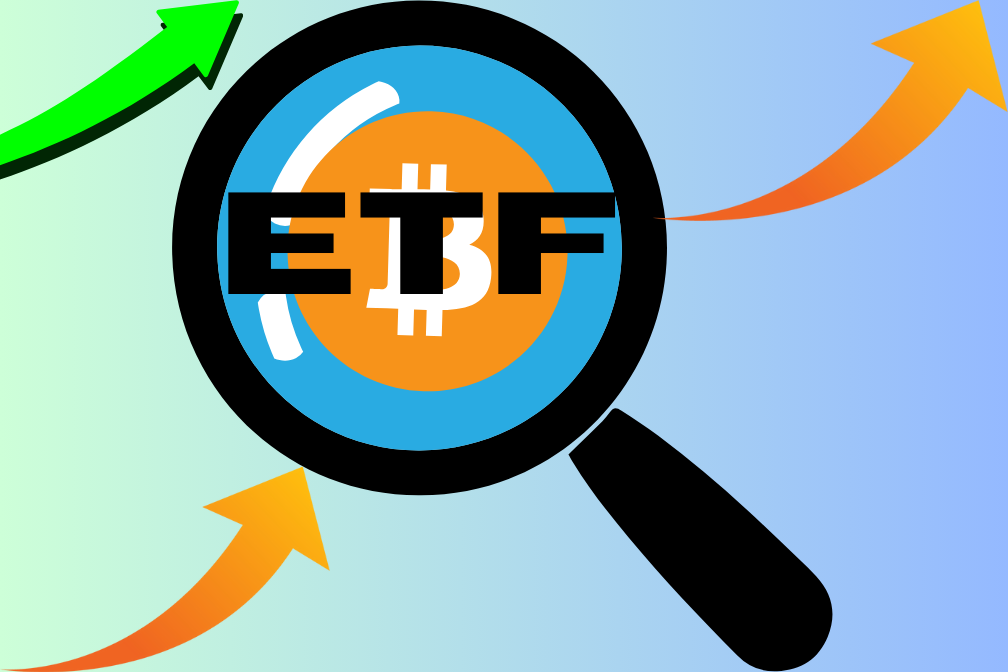Decoding Australia's Controversial DeFi Tax Guidance
- Written by Cryptologic
In the ever-evolving landscape of cryptocurrency, Australia finds itself at the epicentre of a recent storm of controversy surrounding the Australian Tax Office's (ATO) new guidelines on decentralised finance (DeFi) taxation. In this article, we dissect the intricacies of this controversial guidance, highlighting its nuances and implications for investors and traders involved in the DeFi space.
The Unsettling Nature of ATO's Guidance
On November 9, 2023, the ATO released guidance that has sparked heated debates within the Australian crypto community. However, a leading law firm, Cadena Legal, has taken a bold stance, dismissing the guidance as "non-binding" and suggesting it should be regarded as nothing more than "toilet paper." Such strong language reflects the confusion and dissatisfaction within the community regarding the clarity and enforceability of the guidelines.
The Capital Gains Tax Conundrum
At the heart of the matter lies the ambiguity surrounding capital gains tax (CGT) triggered by DeFi activities. Cadena Legal's founder, Harrison Dell, a former ATO auditor, expressed concerns about the lack of clarity, particularly regarding what activities could trigger CGT. The firm goes as far as advising clients to actively ignore the ATO's guidance until a binding public ruling is issued, adding that the current situation is inducing panic within the Australian crypto community.
ATO's Silence on Specific Queries
Adding fuel to the fire, the ATO's refusal to provide direct answers to specific queries, such as the taxation implications of transferring funds via a bridge or staking Ether (ETH) on liquid staking protocols like Lido, further deepens the uncertainty. Investors seeking clarity on these matters are left in a state of limbo, unsure of the tax implications of their actions.
Token-to-Token Transactions and Taxable Events
Dell suggests that the ATO's stance on token-to-token transactions being taxable, especially involving transfers between Layer 1 (L1) and Layer 2 (L2), raises significant concerns. The lack of substantive reasons provided in the ATO's web guidance only adds to the confusion. Investors are left grappling with the uncertainty of whether their actions will attract CGT, creating an atmosphere of unease within the crypto community.
The Risk of Ignoring ATO Guidelines
While Cadena Legal boldly advises clients to ignore the current guidelines, a note of caution is sounded by some in the crypto tax punditry. Ignoring ATO guidelines might be a risky proposition, as investors could find themselves entangled in legal battles, requiring them to hire lawyers to contest ATO determinations. This serves as a stark reminder that, despite the non-binding nature of the guidelines, there may still be consequences for those who choose to disregard them.
The Road Ahead
Dell anticipates that clarity may only be achieved through a binding public ruling or new legislation proposed by the government to address the gaps left by the ATO. Until then, the Australian crypto community may find itself navigating uncharted waters, with potential legal disputes looming on the horizon.
Conclusion
In conclusion, the ATO's recent guidance on DeFi taxation has left the Australian crypto community in a state of disarray. The lack of clarity, coupled with the non-binding nature of the guidelines, has created an environment of uncertainty and hesitancy among investors and traders. As the crypto community eagerly awaits a resolution, it remains to be seen whether the ATO will provide the much-needed clarity or if legal battles will be the inevitable path forward.







